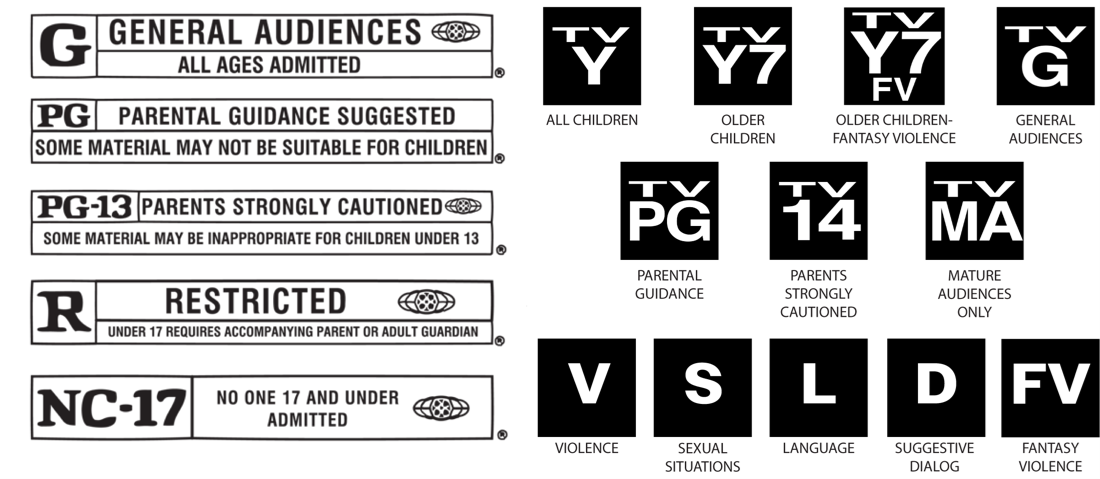Making Content Culturally Intelligent
Spherex Recently Debuted a New Solution
Santa Clara, California-based data and technology firm Spherex recently debuted a new solution for media and entertainment companies that tackles one of the industry’s biggest problems: how to adapt content to be relevant, compliant, rated, and culturally appropriate for every global market.
Backed by artificial intelligence and machine learning, Spherex’s solution assesses and recommends the proper course of action for each individual title in any library, covering new releases, original content, and catalogue.
Spherex CEO Teresa Phillips spoke with MESA about what went into developing the solution, how human curation will always be a must-have within any AI/ML solution, and how Spherex’s technology can change how content is distributed and monetised in today’s global streaming world.
MESA: This new Spherex solution was a decade in the making. A lot of work must have gone into this.
Phillips: Yes, it has. We’ve taken the expertise and knowledge we’ve developed over the years and converted it into a new set of Artificial Intelligence (AI) and Machine Learning (ML) products, which we have just announced. Our core competency has always been in metadata management, supply chain operations, and international distribution. With a specialisation in local age ratings, we’ve synthesised our knowledge in culture and content regulation and imbedded it into systems that essentially culture-fit content for international markets. We’ve taken the guessing out of age ratings worldwide. No one has anything like it anywhere, and we’re very proud of it.
MESA: All these new D2C and OTT services are doing their best to go worldwide. How important is it to get the cultural aspect of content correct?
Phillips: It’s more important than people realise. Culturalisation is a step beyond how our industry thinks about localisation. Localisation is the process of adapting to one’s local area with regards to language, technology, or legal requirements. On the other hand, culturalisation is adapting to one’s cultural environment – their beliefs, values, and customs. Localisation is quite a mature industry, whereas culturalisation is just emerging. Cultural sensitivities such as violence, LGTBQ or sexual scenes, or certain religious depictions vary widely from country to country.
To operate in a country, content providers and streaming platforms must be compliant with local regulations and statutes.
Compliance entails everything from editing prohibited content and assigning accurate age ratings to promoting appropriate artwork and trailers. With nearly 200 countries in the world, it’s almost impossible for any content creator to know what is or is not prohibited in certain countries. Cultural competence is key and that’s where Spherex is unmatched. We know how to handle all of these issues and can get them right the first time to reduce cost, mitigate risk, and accelerate time-to-market.
MESA: There’s a human element to the curation around this, along with the artificial intelligence and machine learning aspects. How do you balance the two?
Phillips: All AI engines have biases trained into them by their human developers. It’s unavoidable. To strip bias, many of the datasets used to train our system have been curated from our own work in human annotation of cultural events within a film or tv show. We use people power to train our system to interpret context of events, which is essential in our business. Local policies and consumer sentiment also evolve, which require continual updates to the knowledge objects within the system.
That said, getting machines to make recommendations that make sense to machines isn’t solving the right problem. We’re reminded constantly in our work that machines don’t subscribe to VOD and OTT services, people do. People tend not to make the same generalisations as machines because, well, they aren’t machines. Looking at different cues within a title, and there are many, has allowed us to create a set of products that help prepare films and tv shows for international distribution, while also creating the capacity to make recommendations that make sense to people when they’re looking for something to watch.
MESA: The numbers here are a little daunting: Spherex manages more than 20 million movies and TV series titles in 200 territories across 50 platforms and in 45 languages. I imagine you’re not done.
Phillips: With an average of 356,000 titles being released each year worldwide, we’ll never be done. Another part of our business monitors our clients’ storefront titles, so that’s 20 million titles under management. When you propagate that out across languages, territories, versions and formats, and business models like TVOD and SVOD, now you’re talking billions of data points that describe in great detail highly valuable content.
We use those data to provide metadata as a service and to also train our AI system to generate culturalised listings and recommendations with high quality and clarity.
MESA: What kind of feedback have you gotten thus far?
Phillips: We’re just now beginning outreach to our existing customers, which span the spectrum of original content providers, studios, tv networks, distributors, and streaming platforms. For the most part, we are tightly integrated with our customers’ content supply chains and help them do everything from making informed decisions on content licensing and compliance edits; plus provide age ratings, localised metadata, and storefront monitoring.
While our customers don’t always understand “how the sausage gets made,” they know we deliver on our commitments and produce accurate, reliable results. Thus far, they’ve been very interested in learning how our new offerings can help them accelerate international expansion.
MESA: What’s next for the platform, is there anything you’d like to improve on or add?
Phillips: Spherex is always looking to improve its products. We never stop doing that. Currently, we’re looking for partners with large content catalogues to further train our system and who may benefit from our novel approach to content recommendations. We’ve used 1.9M titles so far and those data have helped tremendously, but there is never enough. Our approach of using cues from many different aspects of a title that others overlook because it’s hard to do is unique. No one is extracting signals from the content itself in an automated, nonlinear way.
No one is examining titles as closely as we are for cultural or thematic cues. But we’re still at the early stages of applying AI to generate culturalised listings and to improve content discovery.
As I mentioned earlier, with an average 356,000 new titles being released every year, people new to international distribution don’t know what they don’t know. They’re just coming to realise that the regulatory environment isn’t just about content classification, but extends to local quotas, taxation, and other constraints. It’s a slippery slope and getting one thing very wrong can impact not only revenue, but brand reputation. Once you get in the crosshairs of a country’s regulator, it’s a difficult climb back. Some of the big players are beginning to realise this.
Recognising cultural differences doesn’t mean creating multiple versions of a film or tv show. Much of the time there are simple cuts of scenes, bleeping of language and blurring of images. The solution can be how you market the film, choosing the right artwork and creating an appropriate trailer. Regulators and families need good information about a title. With our suite of tools and years of expertise, Spherex will help content creators and streaming platforms deliver appropriate versions of their content for every market they choose to enter.
Source: www.mesaonline.org
Related Posts


SILICON VALLEY
2336-H Walsh Ave.
Santa Clara, CA 95051
+1(408) 550-2344
LOS ANGELES
3900 W Alameda Ave.
Burbank, CA 91505
+1(310) 496-7307









